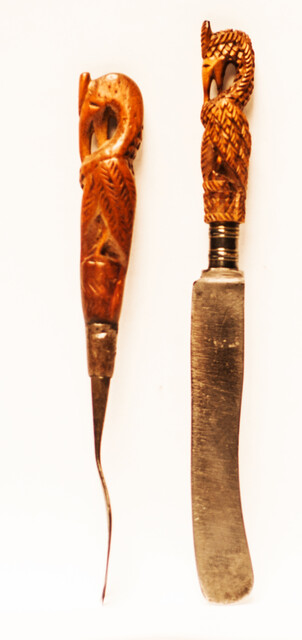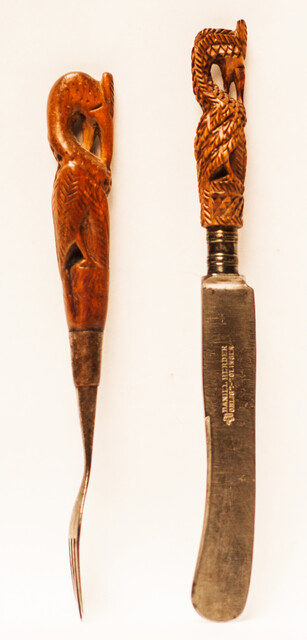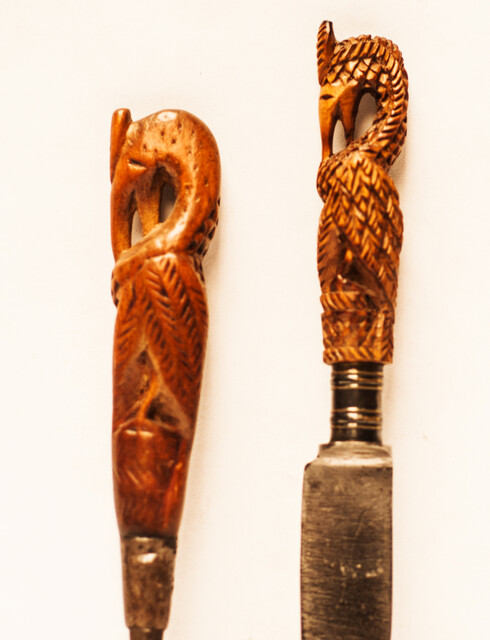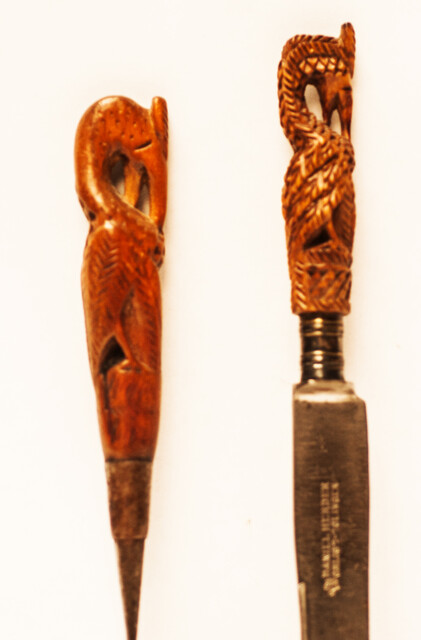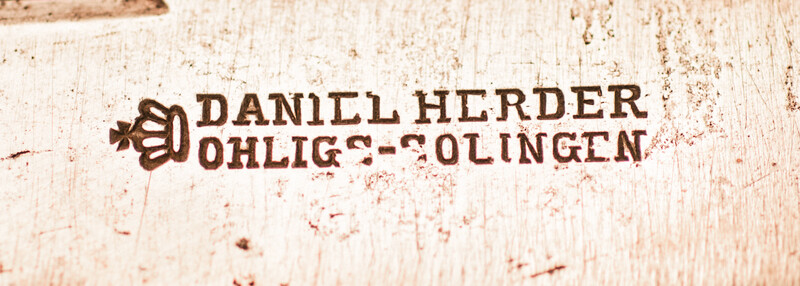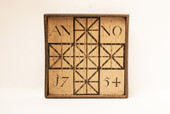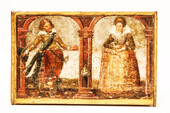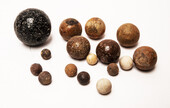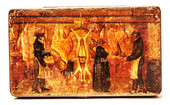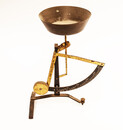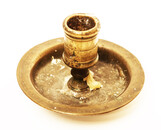Home > Recent Added Items > d'Eglantier > An early 19th C fork and knife from Zeeland with boxwood handles of a pelican.
275 €









|
|
|
|
|
|
|
|
|
|
|
|
|
|
|
|
| d'Eglantier | |||
| Address: |
|
||
| Country: | The-Netherlands | ||
| Tel.: | +31 (0)20 6262061 | ||
| E-mail: | info@deglantier.com | ||
| Website: | www.deglantier.com | ||
|
|
|
|
|
|
|
|
|
|
|
|






